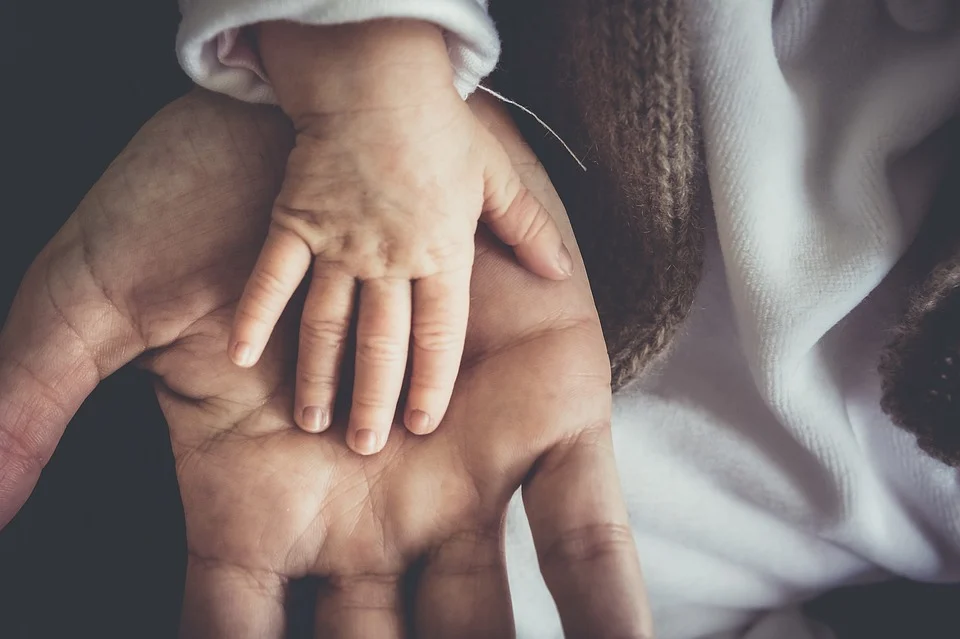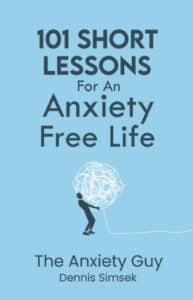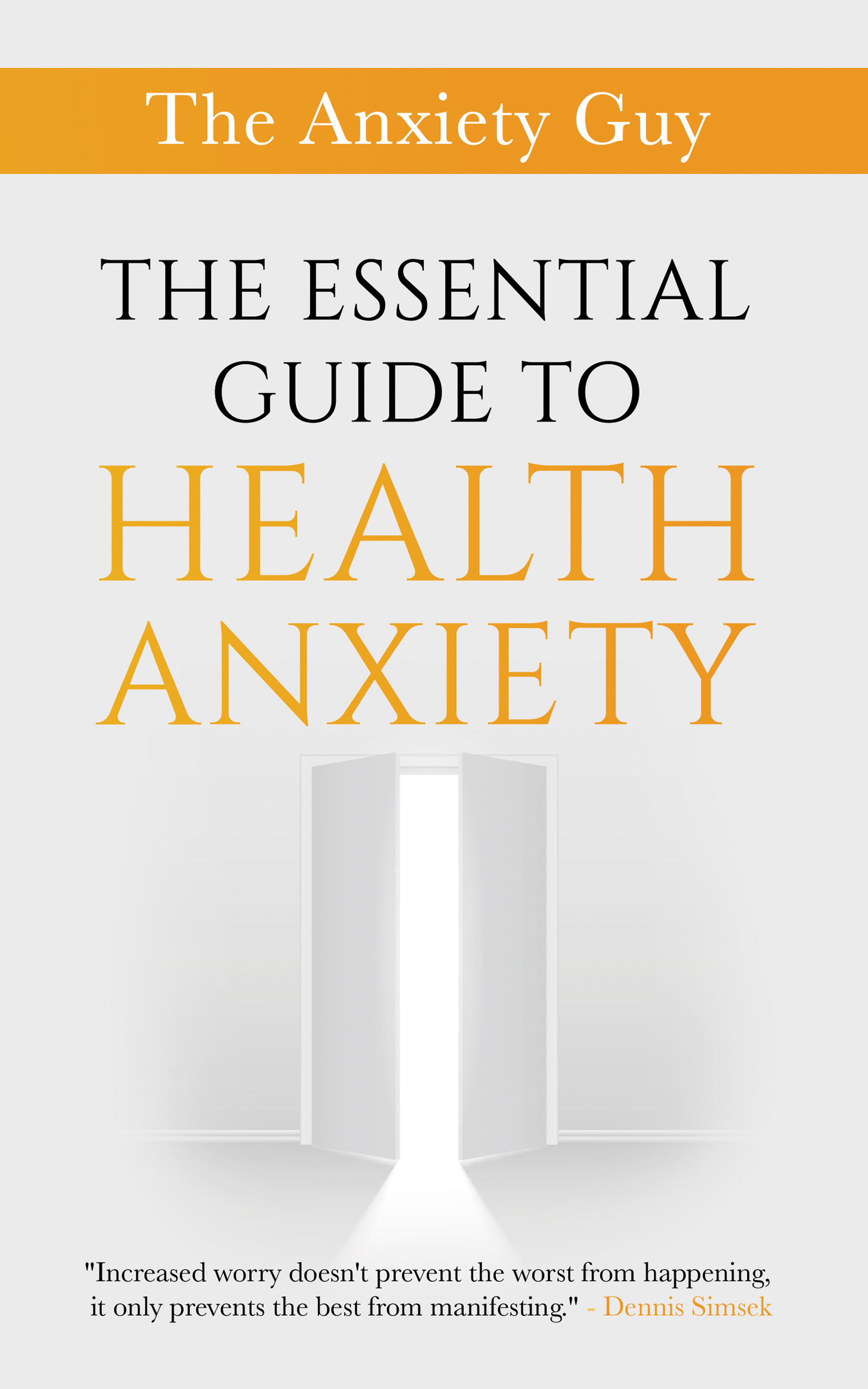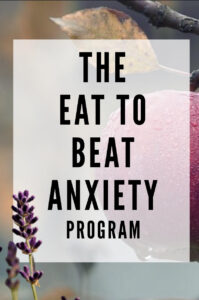Today we dive deep into the question of ‘who is the inner child’ along with the connection to your anxiety. Enjoy the podcast my friends and please share with someone in need…
Who is the inner child, and how does it connect to your present Anxiety?
All of us have, at one point in time, heard of the term ‘the inner child’. But not many are aware of the real meaning of the term. Most of us construe the term to mean and relate to desires and feelings that we never allow to surface in the practical world. Is that a true assessment? Let’s find out.
Who really is the inner child?
In psychological terms, the inner child is an intricate part of all of us. It breathes its first breath and begins storing memories from the time of conception. It continues to grow after delivery, through infancy and the developing years and lasts till we breathe our last in this world. Thus, quintessentially, the inner child is our subconscious mind that stores innumerable stimuli and responses that are not immediately visible to the consciousness.
It is the inner child, or the subconscious mind, that acts as a reminder of our fears during childhood as well as of all the joyful experiences. It also acts as a storage facility for repressed traumas, substantial loss, and/or neglect. It can be difficult to precisely locate the events stored in the subconscious mind that act as a barrier towards your foray into untested waters, but a deeper exploration of our inner child can allow us an insight into the several intrinsic patterns that have compiled into the sub-consciousness over time.
Every human has an inner child with permanent resident status. I have an inner child and so do you. This inner child has been quietly storing memories from the time before any of us were emotionally or mentally capable of comprehending or processing the varied events in our lives. It is a storehouse for messages, convictions, and emotional experiences in the life lived as well as for dreams, aspirations, and hopes for the life ahead.
The inner child and anxiety
The vast amounts of stored (but not readily accessible) memories of fears, joys, and hope in the subconscious mind operate as a trigger to any new messages or events that you may encounter in life. The inner child can trigger a whole gamut of emotions about possible outcomes to some new situation, which can then catalyze into anxiety. Thus, there is a definite relationship between anxiety and the subconscious mind.
Is it possible to effectively manage the subconscious mind and thereby manage or overcome anxiety? Yes, it is.
When the inner child experiences a sense of steadiness and safety, we tend to thrive and flourish.
When the subconscious mind is kept calm via varied techniques, the inner child permits us to move forward and try novel things. A peaceful inner child increases our tolerance to disarray or disappointments. It allows us to better deal with minor embarrassments without being encapsulated with new fears or anxieties. It enables us to be surer of ourselves and prevents us from acting impetuously. We tend not to seek out others’ approval and thus are less likely to get jammed in our pursuits.
This inner self is like the ‘roots’ of a tree. If the roots are wobbly, then we are more likely to experience disorientation, insecurity, and disorganization in our adult lives. When the inner child is capably anchored it tends to remain steady, and so we end up feeling increasingly certain, positive, content, and lucid. Such confidence and joyful vibes are also reflected in our behavior.
When each one of us learns about the workings of each of our inner child and create a space for its healing, we are more likely to view a positive change in the healing of our subconscious mind as well as an overall appreciation of self-esteem and self-clarity. We will also see a marked shift in the alleviation of associated anxiety and progress of the healing process.
Ambient features of the Inner Child
Some of the life events that get stored in our subconscious mind or our inner child are mentioned below:
- The memory of us feeling exhilarated and safe when our mother sang lullabies to us is stored in our subconscious
- The memory of uncontrollable sadness and tears running down your cheeks during the burial ceremony of your favorite uncle who martyred in a war is stored in the inner child
- The subconscious mind is ever aware of our desires to be a part of a fraternity – to belong – when we are in our teens
- The memory of the distinct odor of our grandma when we played around on her lap, or of the immense pride reflected on her face when we showed her our drawings, is stored in the subconscious.
- It is the subconscious mind that stores information about feeling relaxed, appreciated, tranquil, and cuddly when we are having a jolly good time partying with friends.
- The memory of being invited to a popular friend’s birthday and consequently feeling joyous and accepted is stored in the subconscious.
- The inner child is within us and making you feel proud when you land your first job. It also helps you prove that you can be an efficient and responsible employee.
- The inner child is omnipresent when we seek specific social communities to be a part of or when we seek love.
- The memory of the bus ride on the first day of school, where you may have been bullied or ignored, is stored in the subconscious mind
- The subconscious mind also stores memories of feeling deceived and trampled when we get overlooked, lied to, or hurt by someone near and dear.
- The memory of gratefulness showing on the faces of other kids when we shared our new toys with them is stored in the inner child.
- The memory of other kids laughing, and the teacher not reprimanding them, when we failed to answer a simple question is registered in the subconscious mind.
How to communicate with our inner selves and reduce anxiety?
The inner child is always in constant communication with the adult self. All we need to do to bridge the gap is to learn to understand and listen to the subconscious mind.
The inner child can be a crucial factor in ensuring that you become a good and respected member of the society, or in finding happiness and peace in life.
The inner child can be peaceful and satisfied, or it can lash out and make the adult life quite disorganized. The latter can result in anxiety and impede adult-life aspects like self control, relationships, and organizational proficiency.
When the adult self experiences frustration or feels trapped in some area of life, then the most probable cause is that the inner child is vying for your attention. You may feel frustrated or stuck in adult-life aspects such as parenting, your job, setting boundaries, taking your relationship to the next level, and/or in discovering or keeping love.
In order to alleviate the subconscious mind-associated anxieties and other issues, you need to find a middle ground that can get you out of the sticky situation, remove relative obstacles, and help you move forward.
Two of the most important steps to commence communication with the inner child are:
- Get in touch with the subconscious mind; commence a dialogue with it and develop a new healthy bond with it.
- Secondly, listen more intently. Find out its pains, needs, and desires and then take commensurate steps to fulfill those hopes and ease those pains.
The above two steps will get you started, enjoy the podcast episode.
If you haven’t already Sign Up to my 5 point Saturday’s weekly newsletter and also receive a digital copy of my first book Me vs Myself free: The Anxiety Guy Weekly Newsletter (Sign Up Here)
Subscribe to the #1 Anxiety Healing podcast on any one of these podcast directories today: Apple, Stitcher, or Podbean.
My Books on Amazon:
Beyond Anxiety – What To Expect On Your Path Towards Freedom (3rd book) can be purchased on Amazon here:
F*** Coping Start Healing (2nd book) is now out on Amazon and you can pick up your copy today:




















thanks for info
Very welcome my friend.